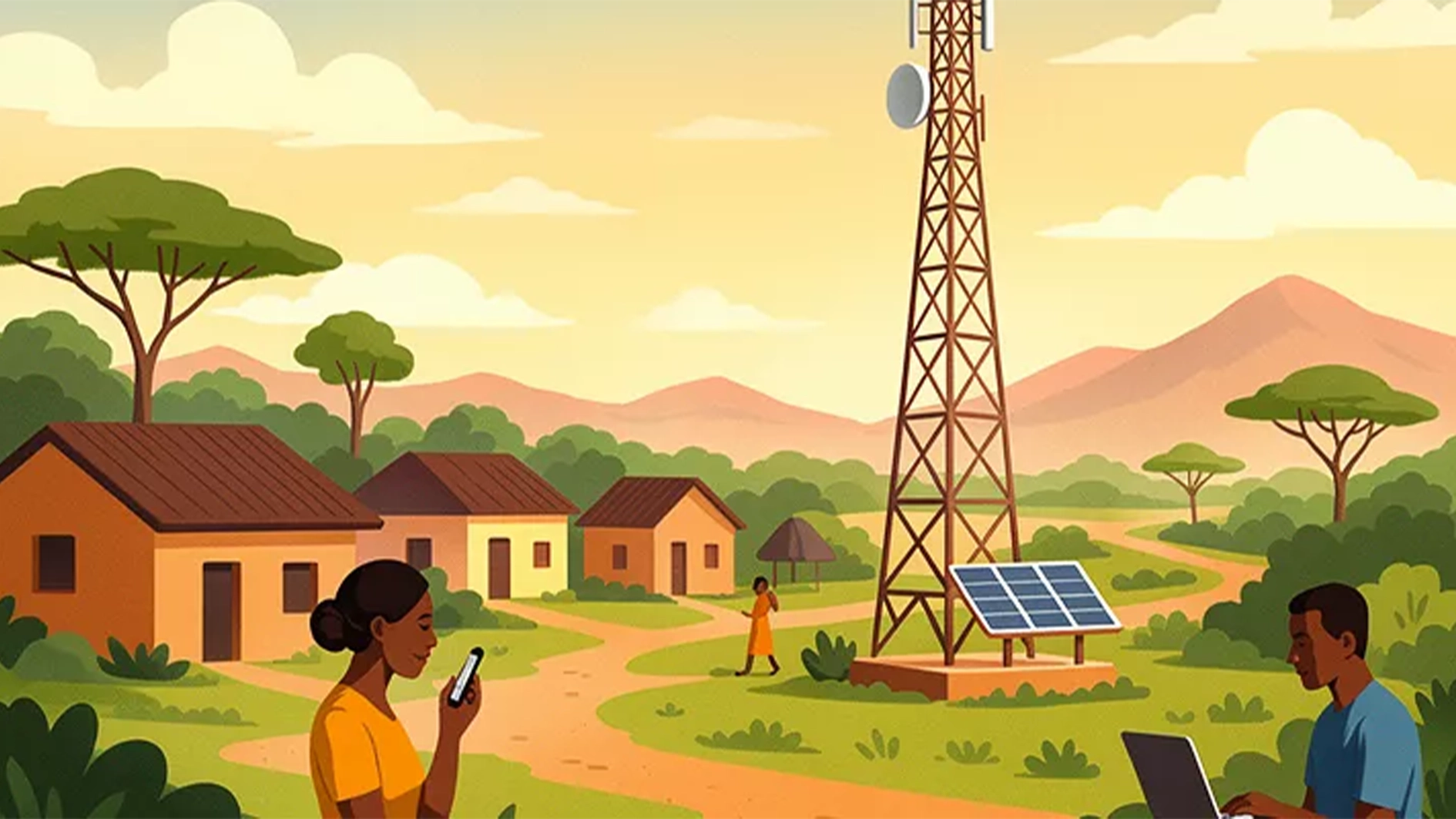
The alleged government’s deliberate disruption of Internet services during the #EndBadGovernance protests has raised concerns about a growing trend of authoritarianism in the country.
Condemning the move, civil society organisations argued that it violates Nigeria’s international human rights obligations and domestic constitutional guarantees.
According to the Enhancing Digital Rights in Nigeria (e-RIGHTS) Project partners, “By deliberately disrupting internet services, the Nigerian government is effectively silencing citizens, hindering their ability to access information, engage in public discourse and exercise their civic rights.”
The group, in a statement by Executive Director, Centre for Information Technology and Development (CITAD), Y.Z Ya’u, noted that Nigeria is a signatory to several regional and international human rights treaties, including the African Charter on Human and Peoples’ Rights (ACHPR) and the International Covenant on Civil and Political Rights (ICCPR).
These instruments, Ya’u said guarantee the rights to freedom of expression, assembly, and association.
“Domestically, Chapter Four of the Nigerian Constitution enshrines these fundamental freedoms.
“The ECOWAS Court of Justice’s ruling against Nigeria following the Twitter ban sets a significant precedent, highlighting the unconstitutionality of these actions.
“The internet has become an indispensable tool for exercising these rights in the 21st century.
“By deliberately disrupting internet services, the Nigerian government is effectively silencing citizens, hindering their ability to access information, engage in public discourse and exercise their civic rights.
“We join civil society organisations (CSOs) in Nigeria to advocate against any form of Internet disruption, shutdown or stifling of dissent.
“We urge the Nigerian government to cease all forms of Internet disruptions and uphold the constitutional rights of its people,” he said.
The e-RIGHTS project is aimed at enhancing digital rights in Nigeria and is being implemented by CITAD, Spaces for Change (S4C) and Lawyers without Borders.
As the country grapples with ongoing protests and demands for reform, the internet disruptions have raised fears about the government’s commitment to democratic principles and human rights.






